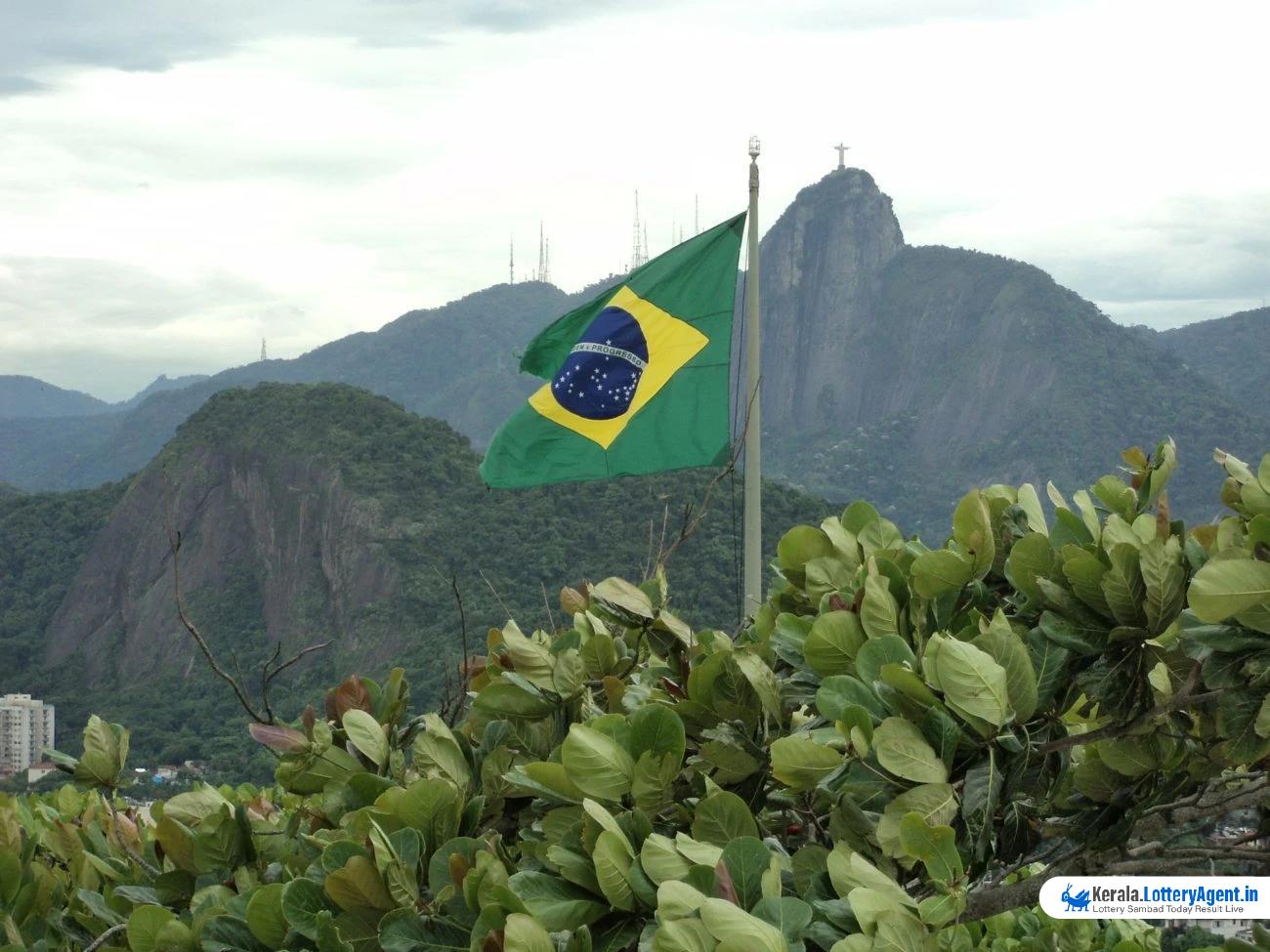
The opening of Brazil’s licensing window signifies a pivotal step in the eagerly awaited legalization of online betting, predicted to burgeon into a $9 billion (£7 billion/€8.3 billion) market by 2028, as estimated by H2 Gambling Capital. However, the initial wave of applications has been slow, prompting discussions and speculations about the reasons behind this hesitation.
Fellipe Fraga, chief business officer at local operator EstrelaBet, shares that many operators might be holding back until the final regulations are released in July. “There are still significant topics that need to be discussed in the process of obtaining the licence,” he explains. “The remaining ordinances will contribute to the definition of the strategies that companies will adopt in the regulatory process.”
Fraga highlights that EstrelaBet is seeking additional clarifications from the ministry of finance’s secretariat of prizes and bets (SPA) to understand how to create a safe and responsible betting market before submitting their application. “It is still necessary to wait for important confirmations from the regulator, especially regarding some points and concepts that will allow greater clarity on the necessary steps and intended advances so that Brazilians can enjoy the games responsibly,” he asserts.
Companies that apply within the initial 90-day window, closing on August 20, will be prioritized for assessment and guaranteed processing by January 1, 2025. Thereafter, active operators who haven’t obtained a license will face punitive actions. As of now, Greek operator Kaizen Gaming is the sole applicant, demonstrating its proactive stance by sponsoring events like the Copa America football tournament through its Betano brand, further strengthening its presence in Latin American markets.
Hugo Baungartner, CCO of Aposta Ganha, comments on Kaizen’s leading role in Brazil’s grey market. “They wanted to be the first,” he states. “They’ve been preparing for this for a long time.” Baungartner believes that between 20 and 25 operators will submit their applications before the August deadline, deeming the 90-day period sufficient for companies to prepare. “The homework is doable and operators still have time to show certification, so I think 90 days is enough time,” he notes, despite some operators wanting to ensure all ordinances are published before applying.
Nevertheless, Baungartner acknowledges that smaller operators might struggle with the licensing fee of BRL30 million (£4.3 million/€5.1 million/$5.9 million), which could perpetuate the grey market. “Some of them don’t have the $5.9 million to apply and are comfortable as they are.
. I think the grey market will always be there,” he remarks.
Many within the industry are worried that the extensive and complex application process may cause delays. Fabio Ferreira Kujawski, lawyer and partner at Mattos Filho, argues that 90 days isn’t enough considering the bureaucratic hurdles operators face. “In my opinion, the understanding should be modified so that companies which haven’t formally requested their authorizations by December 31, 2025, should be considered irregular (illegal),” he contends.
These bureaucratic challenges include establishing a local headquarters, setting up a local subsidiary with a Brazilian national holding at least 20% of the share capital for international firms, and maintaining a financial reserve of BRL5 million ($915,719) beyond the license fee. The ordinance also outlines an extensive range of technical and security requirements.
Baungartner suggests that once the online gaming ordinance is published as part of the third stage of regulatory rollout, it will clarify which online games can be legally offered, likely prompting an increase in applications. He believes the regulator’s thorough compliance requirements are justified. “They want to do things right,” he asserts, emphasizing the importance of approved labs knowing how to certify included games correctly.
Fraga sympathizes with the regulator’s challenges but warns that delays could harm the industry. “It is possible to understand the regulator in this process,” he admits. “However, any day less [until regulation] harms the country itself, leaving it further from acquiring tax resources and defining market rules to combat improper practices.”
The regulator remains hopeful that legal online gambling will commence on January 1, 2025, with punitive measures for unlicensed operators coming into effect. Udo Seckelmann, head of gambling & crypto at Bichara e Motta Advogados, expects up to 60 operators to apply in the initial wave. “Some of them apply out of fear of missing out on that first wave,” he explains. Seckelmann foresees mainly foreign operators applying initially, with local operators following. He predicts up to 70% of applicants will likely be companies from outside Brazil.
Despite concerns, confidence prevails that more applications will flow as regulations become clearer. In January, the ministry of finance disclosed that 134 local and international operators had signed pre-market ordinance measures indicating their interest in a license.
Baungartner states that Aposta Ganha will apply in the first week of August, while EstrelaBet will apply “when the time is right for the company,” according to Fraga. Though the rush for licenses has yet to materialize, the industry anticipates a surge in applications once full regulatory clarity is achieved, concluding a long and often arduous journey towards legalizing online betting in Brazil.












